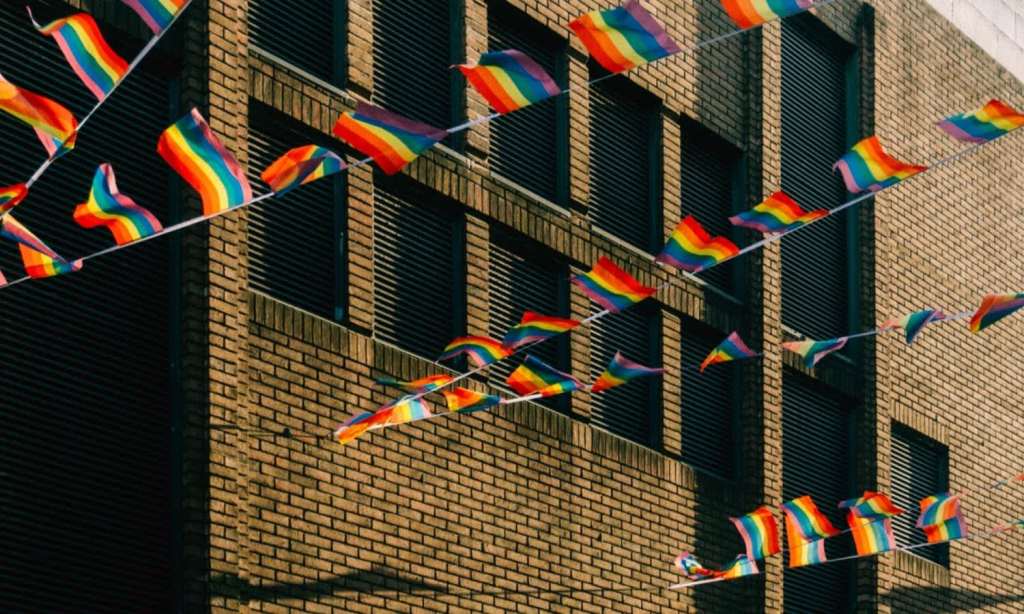Schools and sporting groups across Victoria are being urged to ditch traditional gendered terms, replacing ‘mum’, ‘dad’, ‘boyfriend’ and ‘girlfriend’ for more gender-neutral language.
The North Western Melbourne Primary Health Network has established a #SpeakingUpSpeaksVolumes campaign, to make people more aware of the words they use and how they can affect others, and our society as a whole, advocating for fluidity and acceptance.
The Network offers an alternative when referring to a girlfriend, boyfriend, husband or wife, as simply a non-gendered partner, a partner or a parent.
This initiative opens up an extremely diverse point of view, and is bound to see both pushback as well as a growing level of acceptance.
On the one hand, our society is embracing its fluidity in a beautifully natural and human way. We no longer live with harsh constraints on who we’re allowed to love and how we’re supposed to identify and this freedom allows us to become our optimal selves. This evolution in our society’s acceptance and growth is especially important within our young generations and in our education system, implementing freedom of choice and identity at a crucial age.
Neutralising gendered terms will definitely help to define fluidity to young people, in an attempt to un-explain a structure that has existed for centuries until now.
Although this is extremely beneficial, the terms ‘mum’, ‘dad’, ‘boyfriend’ and ‘girlfriend’ have been utilised pretty much forever, and are also widely used by members of the LGBTQIA+ community.
Neutralising gender and being more aware and careful of the language we choose are certainly both positive steps, but is this an extreme approach?
Additionally, The Network will be bringing in unisex bathrooms, non-gendered sporting teams and putting up rainbow flags to assist the LGBTQIA+ community feel more included in these usually strongly gendered environments.
These adjustments are in line with many public places in Victoria already, with gender-neutral toilets being increasingly normalised and the rainbow flag is seen up, loud, proud and beautifully displayed around Melbourne.
Within this initiative, parents are also encouraged to ask each other what pronouns they would prefer to use.
This change is extremely important not only for parents, but for general socialising. Just like when you introduce yourself to a new person, introduce yourself with your pronouns and ask other people theirs too.
For example: “Hi! I’m Laura. My pronouns are she/her.”
It’s a super easy and quick way to make sure that you’re on the same page with others, and that you’ll be addressed and identified in a way that makes you feel respected. It’s super important that we do this from a young age, so that children know they can identify as more than one thing which is especially important through their years of crucial development.
Read more stories from The Latch and subscribe to our email newsletter.







